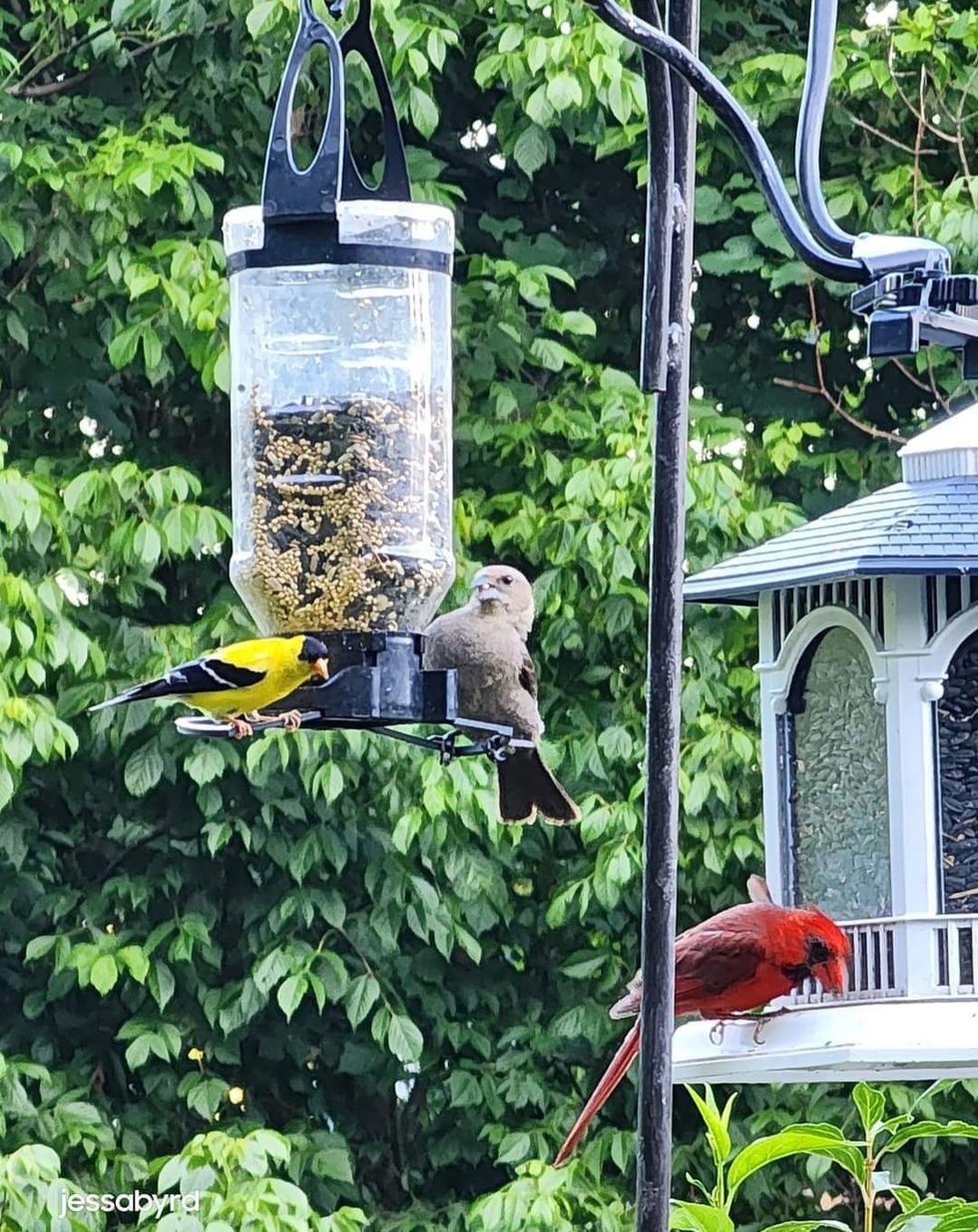by Jessica Byrd, DSW, LCSW
If you talk about self-care long enough, you inevitably hear someone refer to self-care practices as “selfish” or to the person engaging in self-care as “lazy.” Once upon a time, I believed them. I told myself that self-care wasn’t necessary; it was a luxury, a treat, or, in extreme circumstances, an emergency response. Recently, a friend commented on a social media post I made about self-care that they hesitate to even use the word, because they see individuals using “self-care” as an excuse to be selfish and lazy. For many years, I would have agreed.
But a key component of self-care is that it evolves. My personal self-care journey has led me to challenge some of the harmful self-care myths. Now, I respond differently when asked if self-care is selfish or if people use self-care as an excuse to be lazy.
Yes. And?
When I’m meditating, could it be said that I’m “concerned exclusively with myself, concentrating on my own well-being without regard for others,” as Merriam-Webster defines “selfish”? Yes. If I take a nap when dishes need to be washed and laundry needs folding, could someone say I was being “disinclined to activity or exertion; not energetic or vigorous,” as Merriam-Webster defines “lazy”? Yes.
AND, why isn’t it okay for me to take a few minutes out of my day and focus solely on myself? Or, be completely disinclined to exert myself for one hour? Put another way, why am I expected to be excessively or exclusively concerned with others and constantly in motion?
There was a time when no one would have shouted “selfish” or “lazy” at me louder than I did. I absolutely expected myself to pour from an empty cup, personally and professionally. I pushed myself relentlessly. Even if my body was at rest, my mind was racing to create a list, and my spirit was restless.
Until It Caught Up with Me…
In 2021, I was diagnosed with two chronic health conditions. A year later, I experienced a physical health crisis that quite literally changed everything. For the first time in years, I had time on my hands because I was unable to work.
Without work as an excuse, I began taking my physical health more seriously. I kept medical appointments, took my medications, and quit smoking. But my mental, emotional, and spiritual health were declining.
I was feeling selfish and lazy. For months, I was unable to help around the house. I slept in AND took naps. We lost my income. The more my physical health improved, the worse I felt.
Listening and Learning from the Birds
Then, one day, my grandson wanted to feed a bird. That one day of watching that one bird was the start of something. The next day, I made bird feeders and then bought a few. I downloaded apps and bought books. I upcycled a water feature. I started taking pictures and posting about Dr. Byrd’s Birds. The neighbors, as I call them, are helping me find healing in being selfish and lazy.
Today, my self-care includes listening to my body, mind, and spirit, and resting when any (or all of them) need a break. I’m learning it’s not necessarily a bad thing to be completely focused on myself, or the birds, for a few minutes every day, even if that means someone else accomplishes the thing instead of me. I’m learning there’s absolutely nothing wrong with being inert, even if that means not a single task gets completed for the next hour.
I’m learning to listen to loving whispers of comfort and compassion—instead of yells of “Stop being lazy and selfish.” It’s not wrong to be “selfish” and “lazy.” It’s being fully human. I’m moving from being self-less—pouring from an empty cup—to being selfish, lazy, and human enough to attend to my own well-being. I’m learning to be Self-Full.
Part of my ongoing self-care is to be a better steward of my energy (mental, physical, etc.)—and all aspects of my well-being. I’m gradually and gratefully learning and listening to myself when a little Byrd (my inner voice) warbles lovingly, “Not only is it okay be selfish and lazy. It’s necessary.”
Resources
Grise-Owens, E. (2019, April 14), Self-care A-Z: 5 harmful myths. The New Social Worker Online. https://www.socialworker.com/feature-articles/self-care/self-care-a-z-5-harmful-self-care-myths/
Lazy. 2023. In Merriam-Webster.com. https://www.merriam-webster.com/dictionary/lazy
Selfish. 2023. In Merriam-Webster.com. https://www.merriam-webster.com/dictionary/selfish
Dr. Jessica Byrd is a licensed clinical social worker who earned her doctorate from the University of Kentucky College of Social Work. Dr. Byrd provides outpatient mental health treatment and clinical supervision in central Kentucky. She is a proponent of self-care and frequently provides psychoeducation on adapting a self-care lifestyle.


